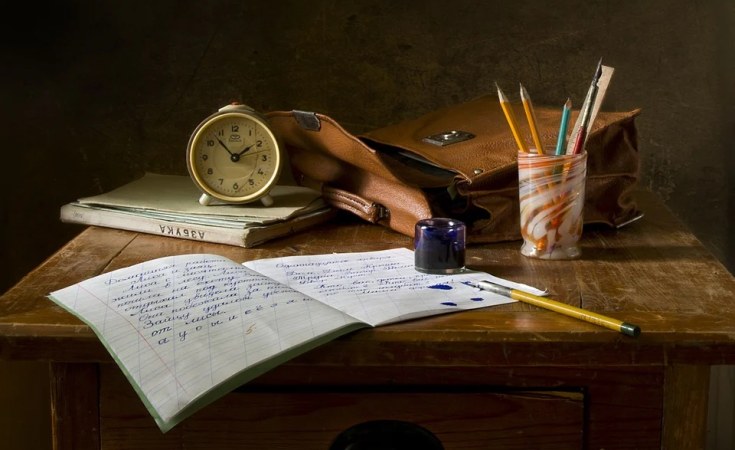Last year, while marking the annual event, the Minister of Education, Adamu Adamu, put the figure at 38 per cent.
The Minister of State for Education, Goodluck Opiah, has said about 31 per cent of the adult population in Nigeria are illiterate.
During a ministerial briefing ahead of the International Literacy Day, the minister said the statistics dropped from 38 per cent in 2015.
The International Literacy Day is marked every 8 September. The theme for 2022 is; "Transforming Literacy Learning Spaces; Exploring Opportunities and Possibilities."
Last year, while marking the annual event, the Minister of Education, Adamu Adamu, put the figure at 38 per cent.
However, speaking on Tuesday, Mr Opiah said: "It is heartwarming to note that the current statistics of 2022, based on estimations, captured the non-literate population at about 31 per cent of the estimated total population. This is a significant reduction from the hitherto statistics of 38 per cent in 2015."
He said the theme for the year gives an opportunity to rethink the fundamental importance of literacy learning spaces to build resilience and ensure quality, equitable, and inclusive education for all.
Based on new knowledge and technology, Mr Opiah said the definition of what it means to be literate has changed over time.
Govt's efforts
He noted the ministry's commitment to eradicating illiteracy, citing the inclusion of Youth and Adult Literacy in its Strategic Plan.
He said: "As you are all aware, the world has become complex with rapid scientific and technological advancements. Several things have changed, including what it means to be literate and this administration is sparing no effort in meeting up with the demands of the present times. The inclusion of Youth and Adult Literacy as a pillar in the Ministry's Ministerial Strategic Plan (MSP) is a clear and resounding demonstration of the Government's commitment to advancing literacy."
He also listed the government's success in the area of adult literacy to include "guaranteed additional access to adult and non-formal education programmes in 377 centres across the 36 states and FCT, empowerment of graduands of Basic Literacy and Vocational Programmes with skills and income generating equipment in three major trades of Fashion and Design, Home Economics, (including Beauty and Cosmetology) and provided teaching and learning materials to all the 36 state agencies for Adult and Non-Formal Education, among others."
UNESCO speaks
Earlier, the Director-General, United Nations Educational, Scientific and Cultural Organisation (UNESCO), Audrey Azoulay, said the adult literacy rate in the world has increased from 68 per cent in 1979 to 86.7 per cent in 2020.
Represented by UNESCO Regional Director for West Africa, Dimitri Sanga, Ms Azoulay noted that 60 per cent of illiterate adults are women.
"Despite this progress, 771 million youth and adults around the world still do not possess basic literacy skills -60 per cent of whom are girls and women," she said.
"COVID-19 is exacerbating this issue. School closures and disruptions caused by the pandemic have likely driven learning losses and drop-outs. This is especially true for vulnerable populations."
She said UNESCO member states have renewed their commitment to literacy this year through the adoption of the Marrakech Framework for Action.
The Marrakech Framework, she said, recognises adult learning and education as a core driver for all the SDG goals.
She added that a pre-summit hosted by UNESCO in June has paved the way for the Transforming Education Summit to be convened by the United Nations Secretary-General this September in New York.
She said: "The Pre-Summit brought together more than 150 Education Ministers to reaffirm that tomorrow's education must be inclusive and focused on the most vulnerable -giving them not only basic skills but also keys to navigate the contemporary world. The summit reaffirmed the importance of a new form of literacy, digital literacy, as an essential tool for lifelong learning."
Qosim Suleiman is a reporter at Premium Times in partnership with Report for the World, which matches local newsrooms with talented emerging journalists to report on under-covered issues around the globe


